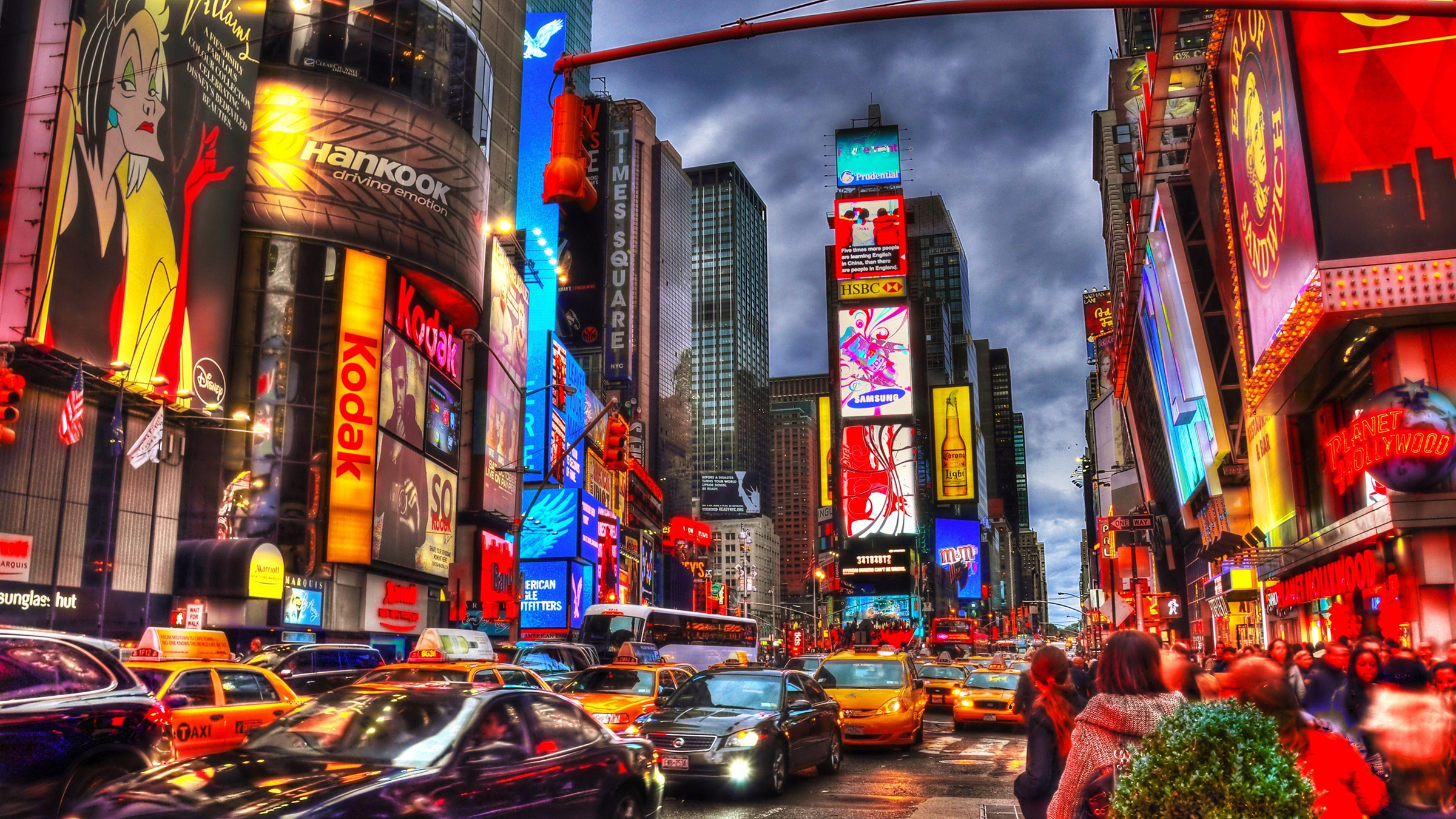A recent survey conducted by CNBC Travel and market research firm Milieu Insight reveals declining interest in travel to the US among Asian tourists, particularly in Southeast Asia. The survey, conducted between late May and mid-June, found that nearly 80% of respondents from ASEAN countries consider the US a less appealing travel destination.
The primary reason for this shift isn't cost, but concerns about personal safety and the social environment, including discrimination and gun violence.
 |
Times Square, New York - one of the most popular tourist destinations in the US. Photo: Wallpaper |
Times Square, New York - one of the most popular tourist destinations in the US. Photo: Wallpaper
One in 4 respondents reported a decreased interest in visiting the US in the past 6 months. Younger travelers are more influenced by negative news but remain the most likely demographic to still consider a trip to the US.
Despite the overall trend, interest in US travel has increased in Vietnam and the Philippines. 57% of Vietnamese and 49% of Filipino respondents expressed greater interest compared to 6 months prior. Experts suggest this could be attributed to the large diaspora communities from both countries in the US. "Family connections, as well as the allure of American pop culture, remain motivating factors for many who wish to visit," said Zilmiyah Kamble, a lecturer at James Cook University, Singapore.
Singapore showed the most significant decline in interest. 55% of Singaporean respondents reported less interest in traveling to the US compared to the end of last year, while only 7% expressed increased interest.
The survey also revealed that Vietnamese respondents reacted most strongly to the 46% tariffs imposed by former President Trump on Vietnamese goods in 4/2025. These tariffs were later reduced to 20% after a trade agreement was reached in early July.
A separate YouGov report published in 3/2025 highlighted a declining global perception of the US. Interest and positive impressions of the country have decreased, particularly in Europe, the Middle East, North Africa, Canada, and Mexico.
Despite these controversies, the number of people considering the US for their next international trip remains stable, according to the YouGov report. Globally, interest in US travel has decreased by 13%.
Data from Sprout Social, a social media analytics company, also reveals a clear polarization of online sentiment regarding US travel. Over a month-long period from 30/4 to 3/6, there were over 87,000 mentions of US travel on social media platforms like X (formerly Twitter), YouTube, Tumblr, and Reddit, generating over 1 million interactions.
Canada accounted for nearly 50,000 of these mentions, with 45% expressing negative sentiment. Conversely, in India, a country with strong economic ties and a large diaspora community in the US, 96% of online discussions were positive or neutral.
Interestingly, the most negative sentiment towards US travel came not from other countries, but from US citizens themselves, according to Sprout Social's data.
Anh Minh (CNBC)












